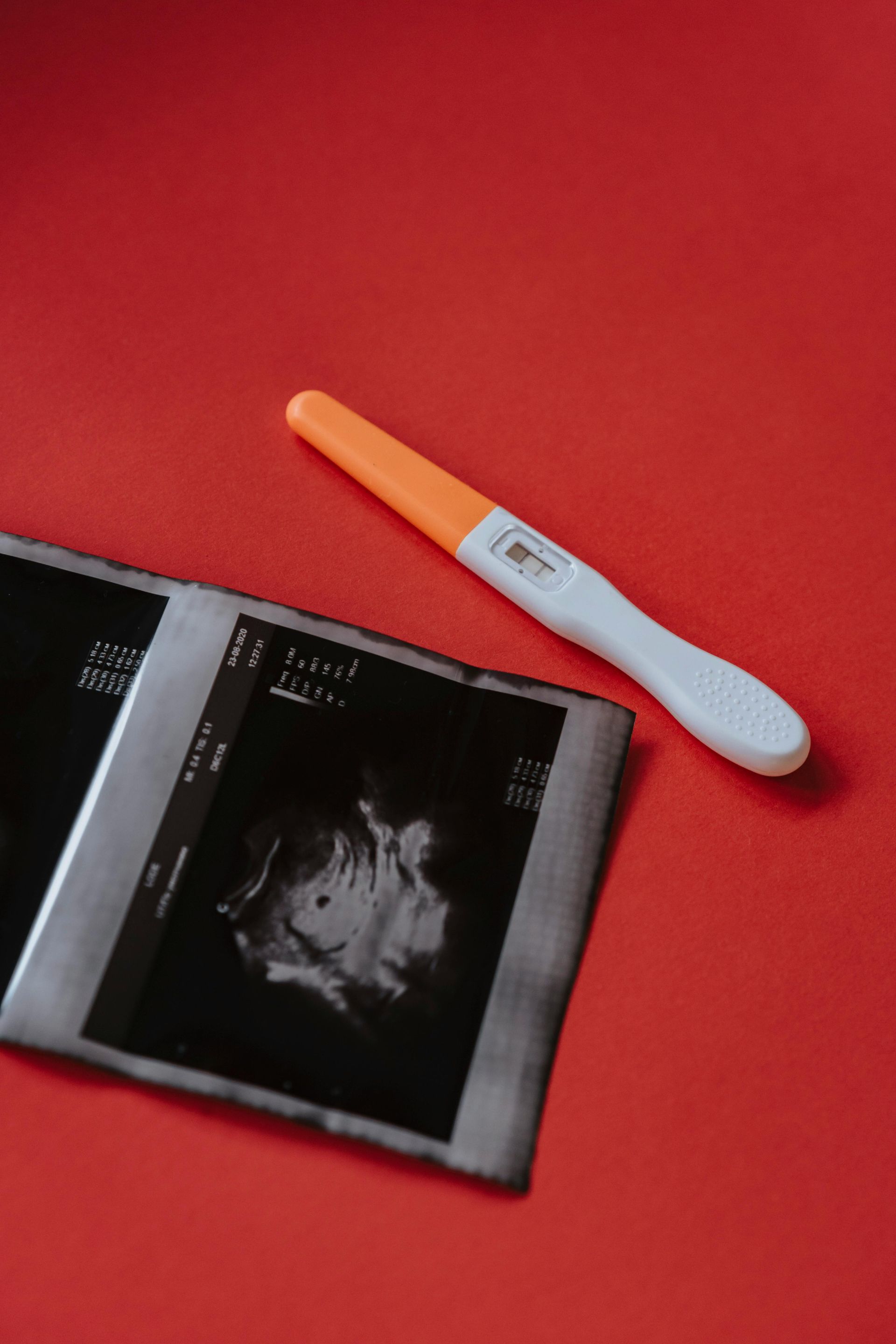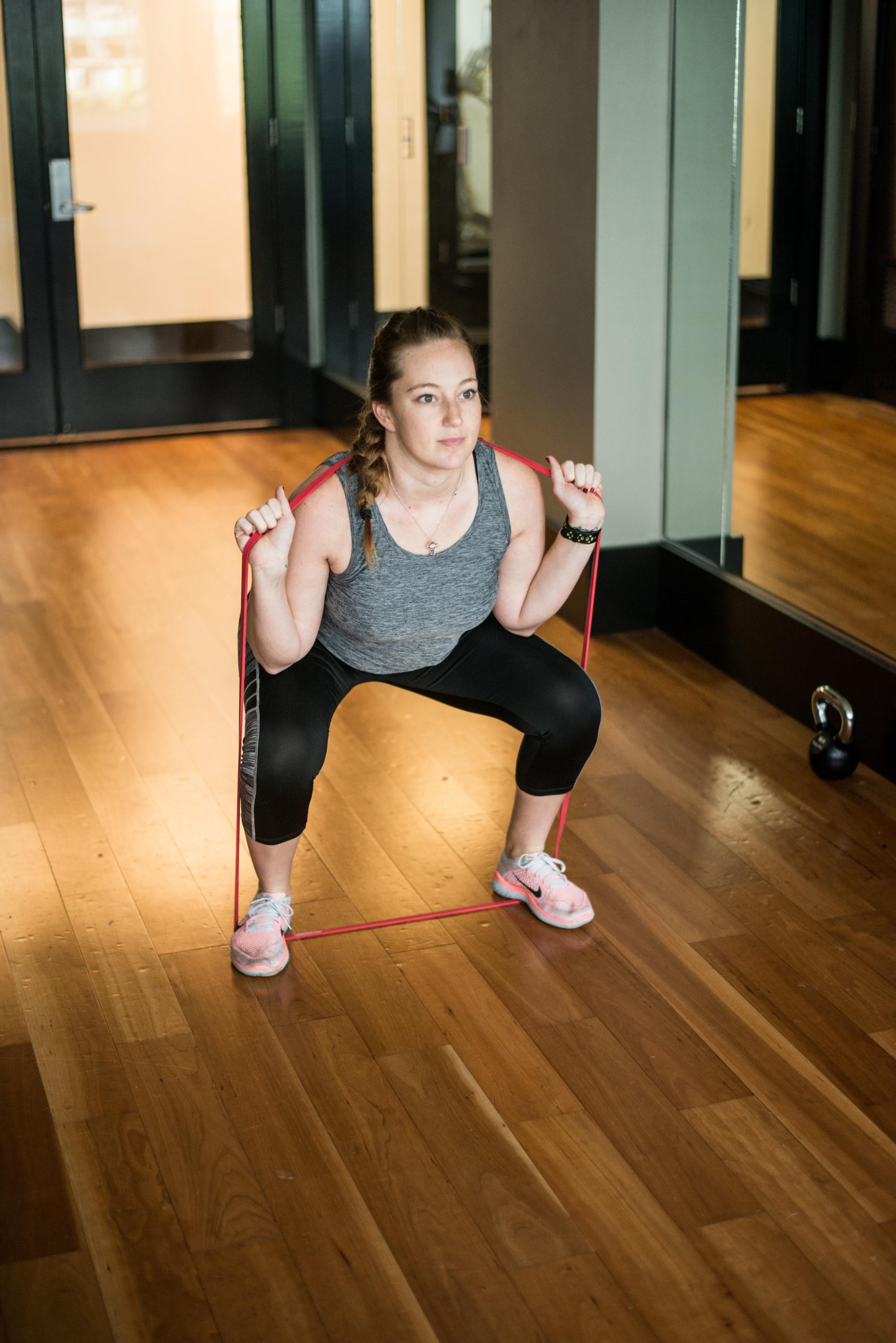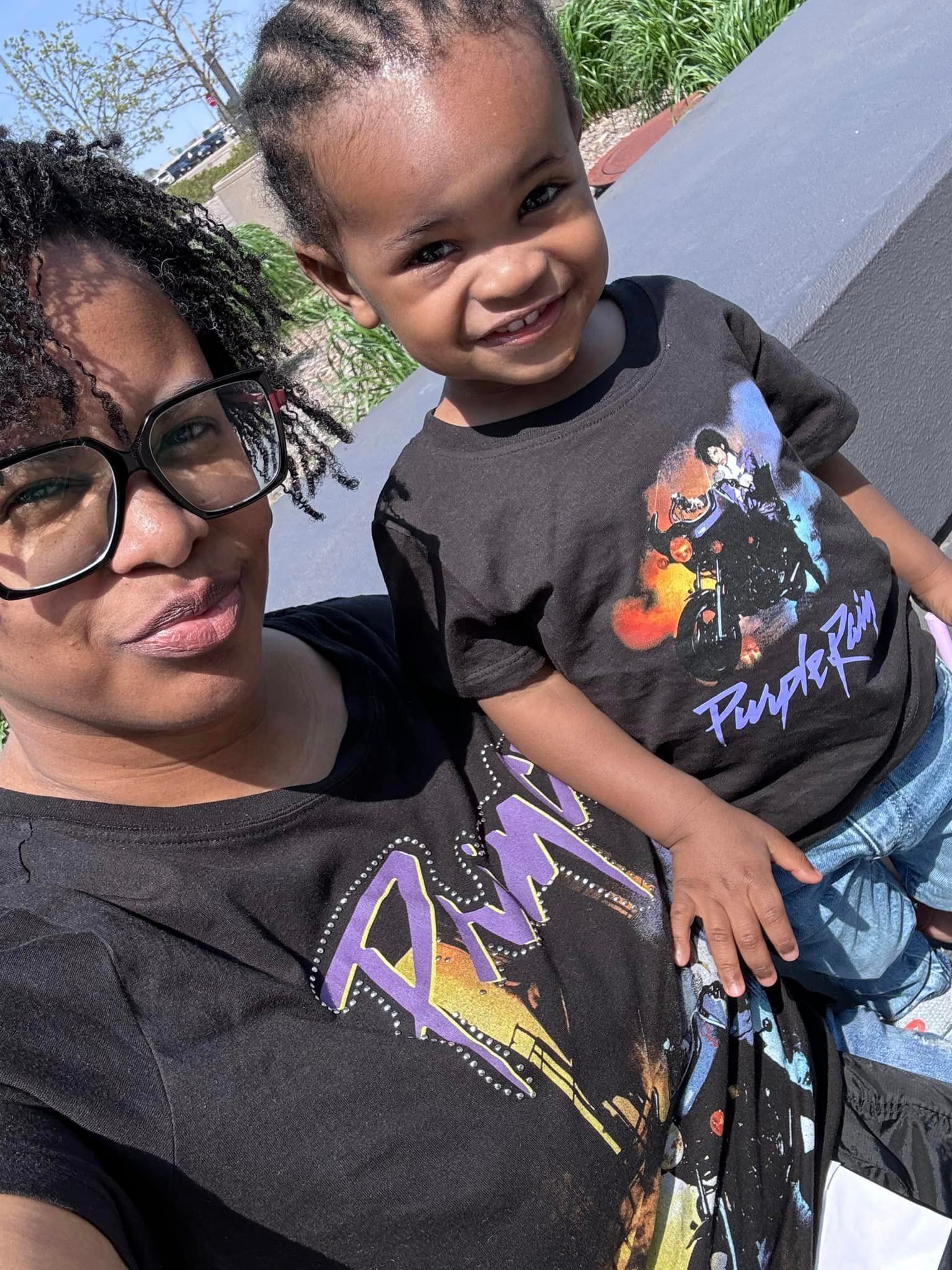Navigating Motherhood as a Black Lesbian with PCOS

Let’s be real—motherhood, at its core, is a journey full of twists, turns, and some serious deep breaths. Now, throw in the beautiful complexity of being a Black lesbian living with Polycystic Ovary Syndrome (PCOS), and suddenly, that journey looks like a winding road that nobody really warned you about. It’s not just a quest for pregnancy; it’s a full-on mission—complete with fighting societal biases, sidestepping ill-informed healthcare providers, and championing yourself every step of the way.
Here’s the thing, though—if you’re anything like me, you’ve already made peace with life being a little extra. A Black lesbian woman with PCOS? I mean, we practically invented the phrase "making magic from the mess." Between dodging stereotypes, navigating a healthcare system that doesn't always feel built for us, and figuring out how to advocate for ourselves while dreaming of a family—that’s a lot. But we don’t shy away from a lot, do we?
In this post, I want to dig into what it's really like to live at the intersection of these identities and still hold onto the hope of becoming a mother. From the layers of bias we face to the woefully uninformed doctors who can’t seem to grasp that families don’t all look the same, this journey is equal parts exhausting and empowering. But hey, we’re used to that, right?
Living at the Intersection: The Unique Challenges
I ntersectionality: Where Race, Gender, and Sexuality Meet
Let’s be honest—when you’re a Black lesbian woman, the world doesn’t just see one part of you. We’re navigating life through a kaleidoscope of identities, each carrying its own unique set of challenges. I’m talking about navigating spaces where people are confused by the very idea of a family that doesn’t involve a man, or where being Black automatically means you have to "prove" your worthiness to even have the conversation about motherhood.
Bias in Healthcare (And Pretty Much Everywhere Else)
The healthcare system was never really designed with us in mind, and I can’t tell you how many times I’ve walked into a doctor’s office only to be greeted by assumptions. PCOS already makes the road to conception a bit tricky, but throw in the bias of being Black—where maternal health is treated like an afterthought—and being a lesbian, where family planning gets greeted with blank stares... well, let’s just say you’ll find yourself wanting to give a few "educational" speeches.
Uninformed Healthcare (Yes, It’s Still a Thing)
Here’s where it gets even messier—medical professionals who don't know much about PCOS, and worse, those who can’t wrap their heads around LGBTQ+ families. Have you ever sat in a doctor’s office and filled out forms that assume you’re in a heterosexual relationship? “Mother, Father” boxes just sitting there like some outdated relic from the '50s. It’s like being erased before the conversation even starts.
Why Inclusive Language Matters (and Why We Have to Demand It)
Words matter, and the language used in healthcare can make you feel either seen or completely invisible. When doctors assume every family follows the “traditional” mold or use gendered language that leaves LGBTQ+ folks out of the equation, it’s exhausting. We deserve better, and it’s on us to demand inclusive, affirming care—because our families, whatever they look like, are just as legitimate as anyone else’s.
Embracing Identity (And Loving Every Part of It)
But here’s the thing: living at the intersection of these identities doesn’t just come with challenges—it comes with power. Being a Black lesbian woman means we know how to take up space, how to be loud when the world tries to silence us, and how to keep pushing when the odds feel stacked. Yes, there’s frustration, but there’s also the knowledge that no matter what society says, our vision of motherhood is beautiful, and it’s ours to claim.
Hope and Strategies: Your Path Forward
1. Find Your Tribe
Whether it’s an online community or a local LGBTQ+ group, find people who understand this journey. Surround yourself with others who know what it’s like to live at these intersections. Trust me, when the going gets tough, having folks who just get it will be a game-changer. My safe place is xHood, a Facebook community started by one of my closest friends.
2. Get Savvy About PCOS
Here’s the deal: PCOS might make conception harder, but it’s not impossible. Know your options, dive into the research, and be prepared to ask your doctors all the tough questions. You’re the expert on your body, so don’t let anyone make you feel otherwise.
3. Talk to Your Partner (Really Talk)
Building a family is a two-person gig (at least in my book), and it starts with having those raw, real conversations with your partner. Lay out your dreams, your fears, your hopes—and do it together. Whether it’s about fertility treatments, adoption, or whatever your path might be, this journey will test your connection, and strong communication is key.
4. Seek Out LGBTQ+ Friendly Providers
I know, finding the right healthcare provider can feel like searching for a unicorn, but they exist. Find fertility specialists who see you—who understand PCOS and respect your relationship and family plans. There’s nothing quite like sitting across from a doctor who not only knows what they’re talking about but is genuinely excited to help you on your path to motherhood.
This path to motherhood? It’s not for the faint of heart. But if there’s one thing I know, it’s that we are anything but ordinary. We are strong, resilient, and yes, maybe a little stubborn. We will advocate for better care. We will challenge outdated norms. And we will become the mothers we dream of being.
The road ahead is going to be full of ups and downs, and sometimes, it’s going to feel like nobody really gets what you're going through. But you’re not alone. This is our journey, and together, we’ll keep moving forward, knowing that the families we create—whatever form they take—are every bit as real, valid, and beautiful as anyone else’s.
So keep pushing, keep hoping, and keep believing that your dream of motherhood is absolutely possible. You've got this.
XoXo,












